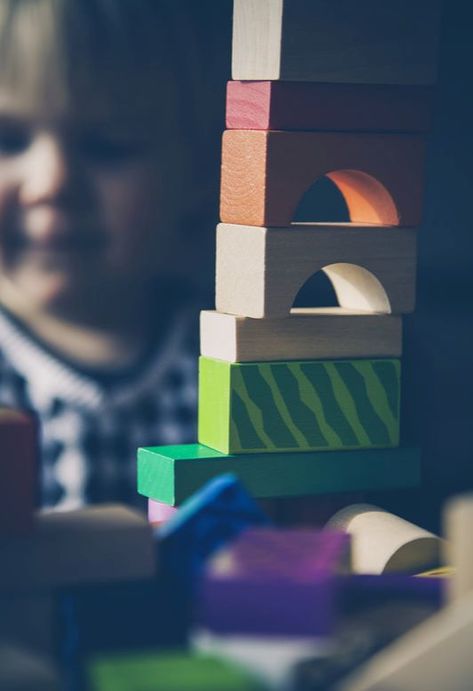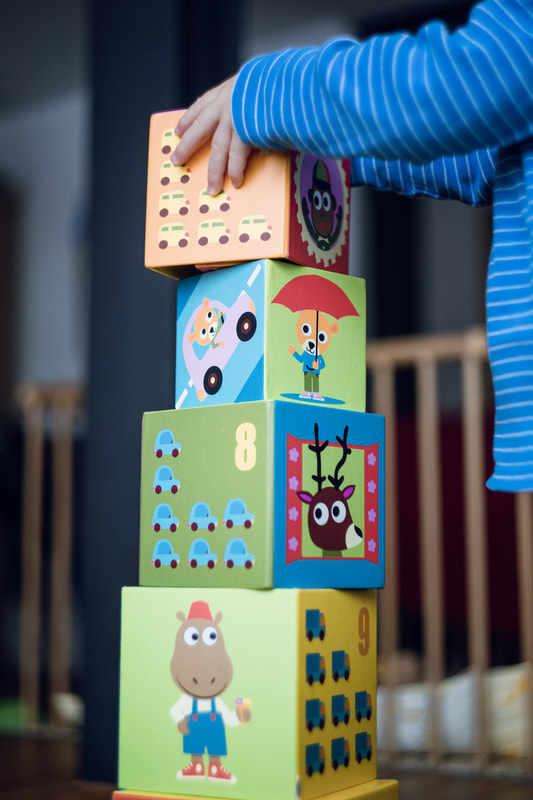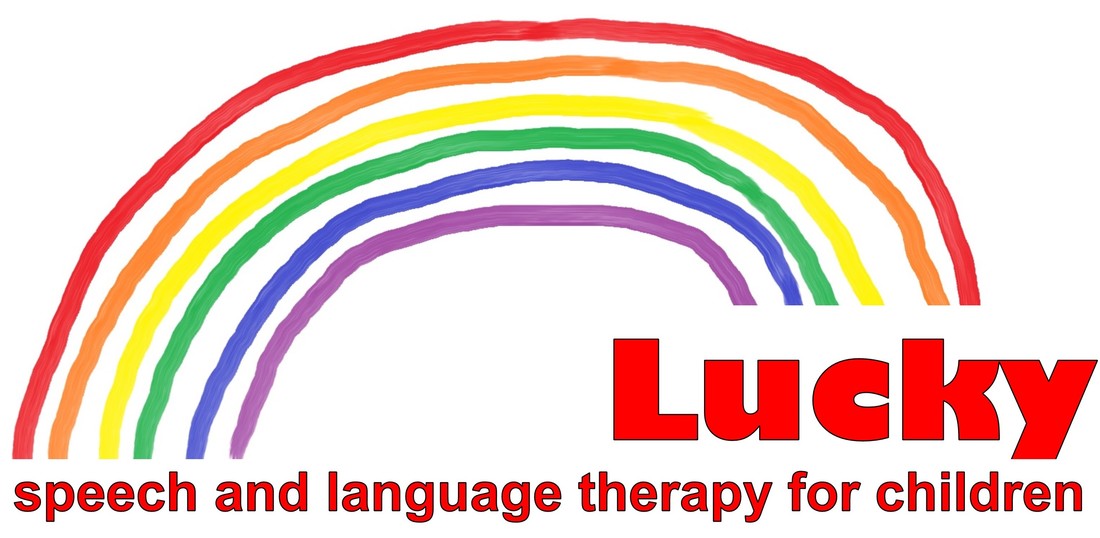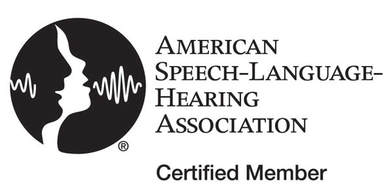"Be who you are and say how you feel."
~ Dr. Seuss, The Cat in the Hat
~ Dr. Seuss, The Cat in the Hat
Does my child need
speech/language therapy?
Speech/language therapy can help your child with any and all aspects of communication:
If you think your child may need speech/language therapy, but are not sure, I am happy to provide a free phone consultation to discuss your concerns. If we determine that a speech/language evaluation is needed, I will perform the evaluation with your child in your home with you present and we will discuss the results and recommendations immediately.
If your child has had a speech/language evaluation within the past twelve months and it has been determined that speech/language therapy is needed, we can get started with home-based therapy right away. During the first session, we can discuss your priorities and concerns and you can be sure that you and your child are comfortable.
- Speech, or articulation, describes the way we produce sounds. It is common for children to have difficulty producing certain speech sounds, which can make it difficult for others to understand them. This may be caused by an articulation delay, phonological disorder, or childhood apraxia of speech (CAS). During speech/language therapy, your child will learn to accurately produce speech sounds in words, sentences, and conversational speech.
- Language is broken into two types: receptive and expressive. Receptive language is what we understand; expressive language is how we use communication to express ourselves. Language has both verbal and nonverbal components. Speech/language therapy targets both receptive and expressive language and can begin at a very early age. Language levels are closely correlated to literacy (reading) levels and have a significant impact on success in school.
- Listening can be affected by hearing loss, central auditory processing disorder (CAPD), or attention. Difficulty with listening impacts language acquisition and academic performance. Speech/language therapy provides tools to increase listening effectiveness.
- Feeding is the way we interact with food and liquids and may be affected by sensory processing, feeding difficulties in infancy, oral-motor limitations, allergies, or other factors. Feeding and communication are closely related, and children with feeding issues may also have difficulty with speech and language development. Feeding therapy helps children decrease resistance to foods and gives families tools to increase positive feeding experiences.
- Social interaction is how we use communication to interact with others. Many aspects of social language can be taught directly, which can positively impact success in school, friendships, and self-esteem.
- Fluency describes the smooth flow of speech. Dysfluency, or stuttering, produces "bumpy speech" or prolonged pauses which ultimately affect the flow and speed of speech. Speech/language therapy teaches strategies to decrease dysfluencies while incorporating techniques from Cognitive Behavioral Therapy (CBT) to increase positive communication experiences.
- Voice describes the pitch and loudness with which we speak. Using our voice incorrectly can cause issues such as vocal nodules and vocal fatigue. Voice can also be affected by trauma to the vocal cords. Speech/language therapy teaches strategies for healthy vocal use.
If you think your child may need speech/language therapy, but are not sure, I am happy to provide a free phone consultation to discuss your concerns. If we determine that a speech/language evaluation is needed, I will perform the evaluation with your child in your home with you present and we will discuss the results and recommendations immediately.
If your child has had a speech/language evaluation within the past twelve months and it has been determined that speech/language therapy is needed, we can get started with home-based therapy right away. During the first session, we can discuss your priorities and concerns and you can be sure that you and your child are comfortable.






